Success stories
Learn how customers are using Geotab to achieve their goals in safety, sustainability, productivity and cost reduction.
Filter by
Sort by:
118 Results
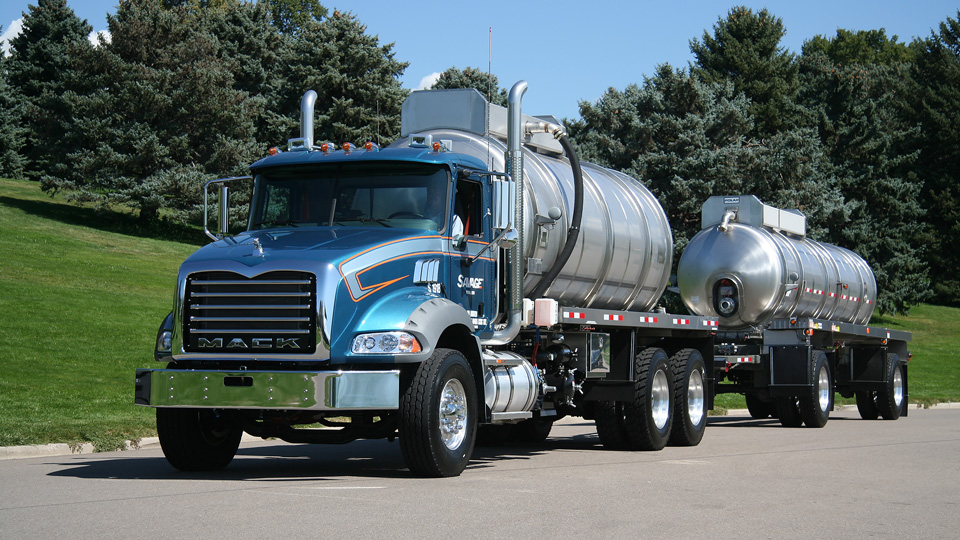
Transportation and Logistics,
North America,
Large fleets
Savage transforms the operations of its 1,200 vehicles with a scalable telematics solution
With Geotab’s unique reseller partner ecosystem, Savage reaps the benefits of having a relationship with its reseller Pana Pacific, working hand-in-hand to build systems that protect its drivers and adapt quickly to change.
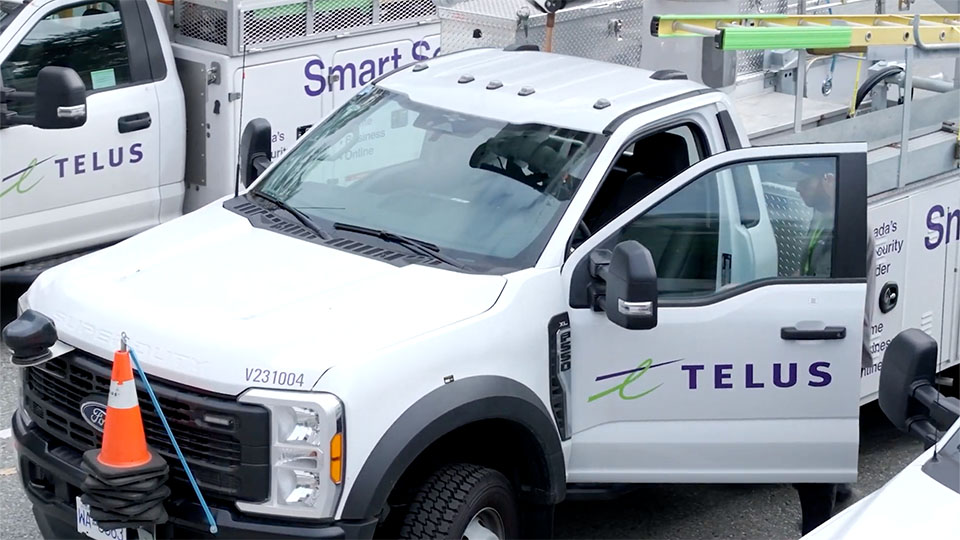
Telecommunications,
North America,
Large fleets
How Geotab helps TELUS drive sustainability through smart fleet management
Millions of people depend on TELUS to deliver reliable, high-speed telecommunications services. Its fast, secure and reliable networks paired with advanced technical solutions make TELUS the number one choice for 16 million customers and Canada’s most awarded nationwide Internet Service Provider.

Utilities,
North America,
Large fleets
ENMAX Power Corporation unlocks real-time insights on fleet performance with telematics
ENMAX Power gains real-time visibility across its fleet of more than 500 utility vehicles with Geotab.
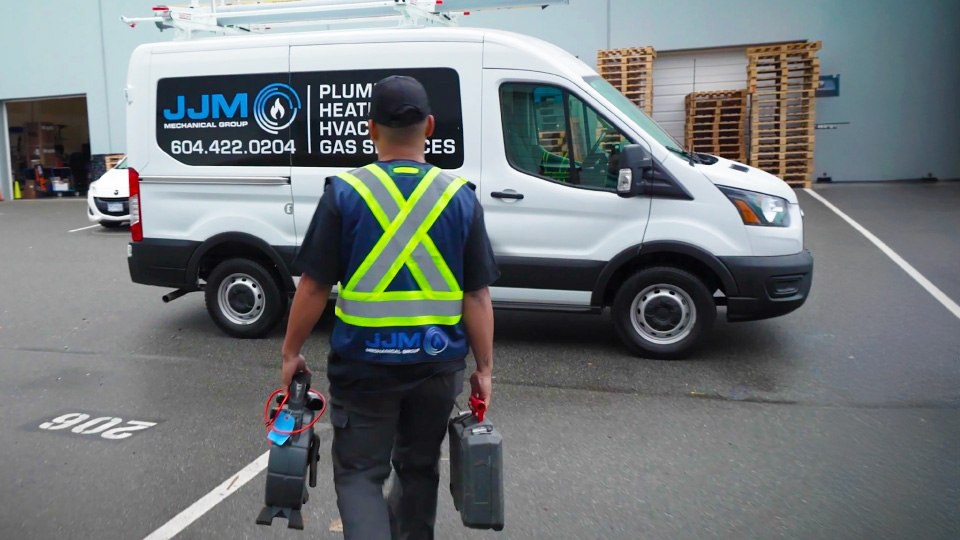
Field sales and services,
North America,
Small fleets
JJM Mechanical Group: Scalable telematic solution yields big results for small fleet
JJM Mechanical Group improved driver safety, customer service, and vehicle security with Geotab's telematics solution. Learn how this small fleet achieved big results.

North America,
Medium fleets
Gerhardt Group: Digging into telematics data to drive efficiency
Learn how the Gerhardt Group deepened insight into telematics data with Geotab for greater ROI and improved safety
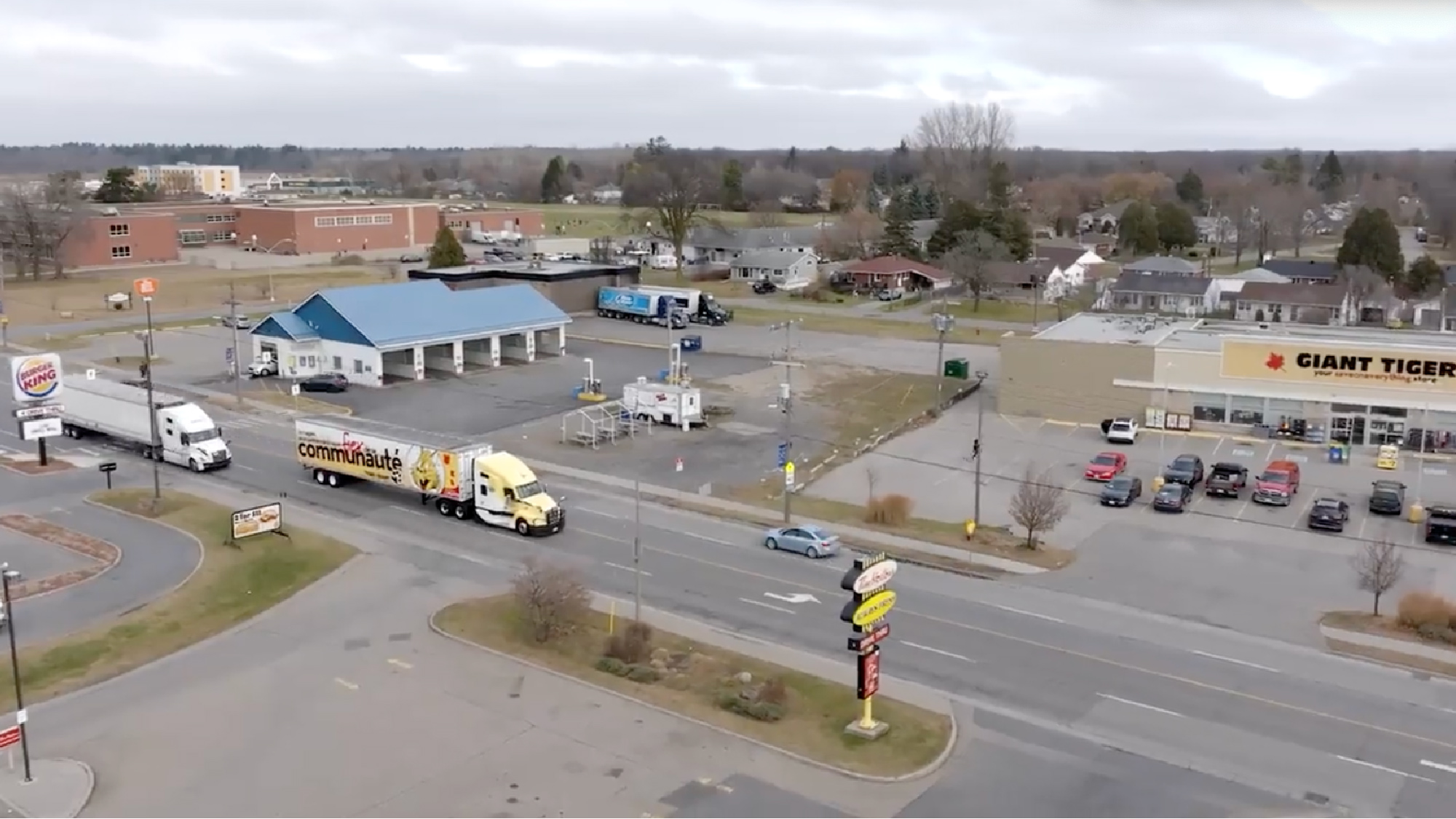
North America,
Large fleets
Giant Tiger advances fleet safety and optimization with an integrated, data-driven solution
Giant Tiger finds fleet-wide efficiencies with Geotab to reduce idling time and improve safety.

North America,
Medium fleets
Hunt and Sons LLC: Simplifying fleet operations through telematics data
Hunt and Sons LLC streamlined operations and boosted safety with Geotab's fleet management solutions.

North America,
Small fleets
Brown Dog Carriers reduces idling time and simplifies compliance
Brown Dog Carriers digs into its Geotab ELD platform to find new efficiencies with idling time and safety.

Government,
North America,
Medium fleets
City of Port Colborne enhances fleet safety and efficiency with Geotab
City of Port Colborne leverages Geotab for real-time fleet data, improving safety, speeding up claims, and optimizing salt usage during snow events.

Government,
North America,
Large fleets
The City of Henderson unlocks fleet efficiency with telematics

Transportation and Logistics,
North America,
Large fleets
Northern Logistics: Boosting driver performance by 28% with Geotab
Northern Logistics improved driver safety scores by 28%, optimized routing, and streamlined asset inspections by leveraging Geotab’s telematics platform.
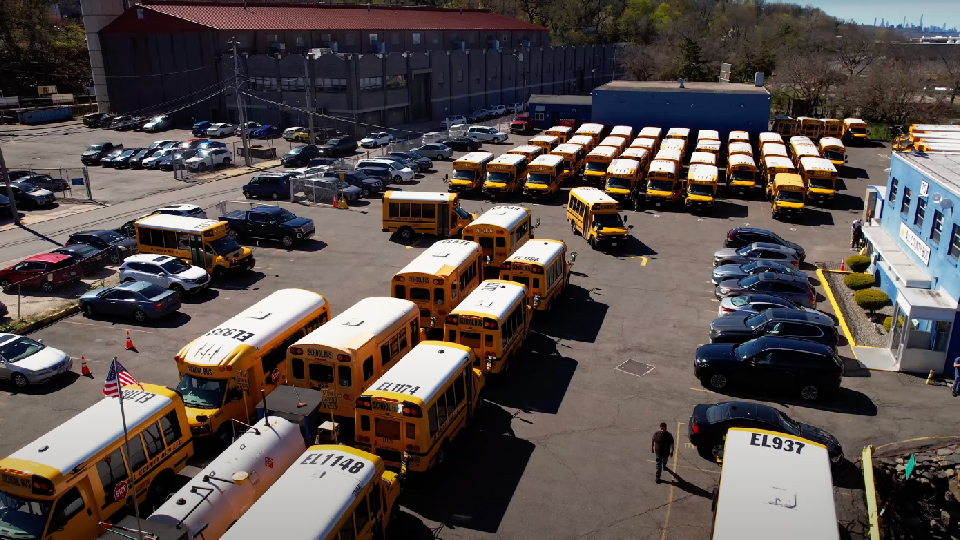
Bus and Passenger,
North America,
Medium fleets